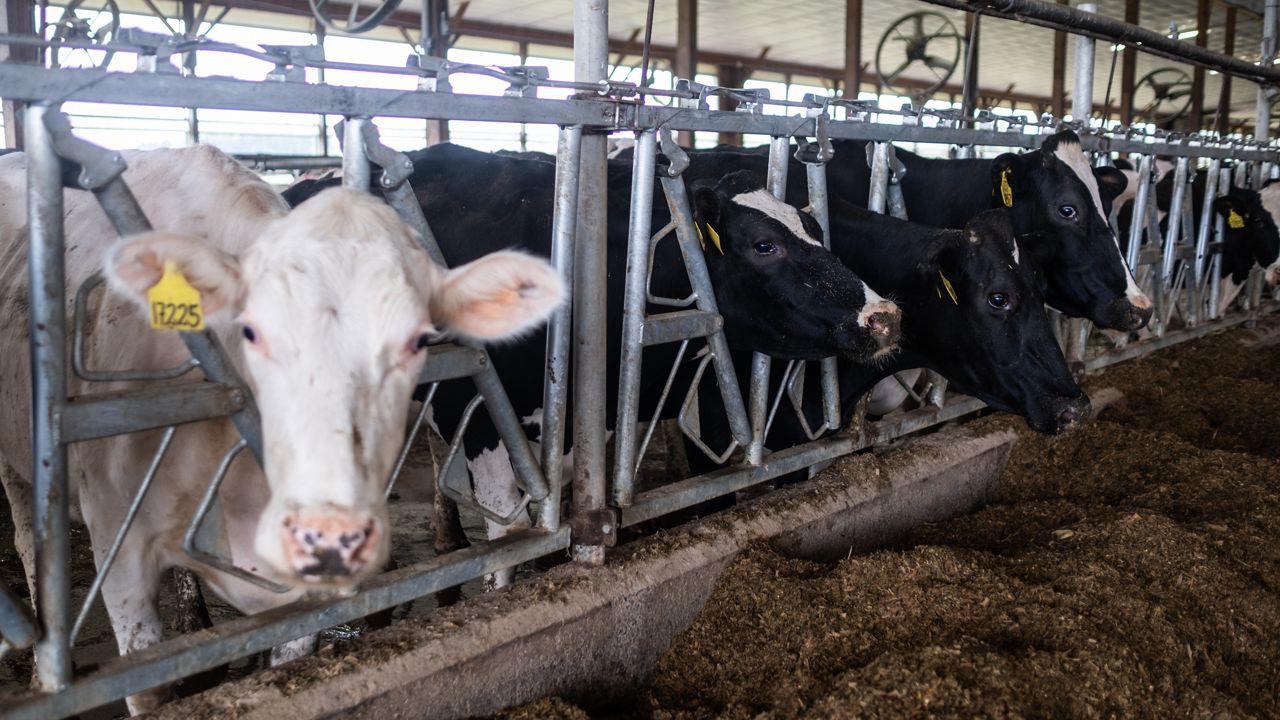The United States Department of Agriculture has announced $65 million in grants available to agricultural employers amid labor shortages and changes to labor regulations for New York farmers and farmworkers.
“Our country is facing growing agriculture workforce challenges that jeopardize our farmers’ ability to be competitive, threatens the resiliency, abundance and safety of our food system, and has repercussions on our overall economy,” U.S. Department of Agriculture Secretary Tom Vilsack said in a press release.
The Fair Labor Stabilization and Protection Pilot Program is funded by President Joe Biden’s American Rescue Plan. It is intended to support the expansion of lawful migration routes for workers through the H-2A program.
“The program will provide incentives designed to simultaneously benefit workers and employers, with the potential to inform the H-2A program, raise labor standards for farmworkers, and help alleviate our agricultural workforce challenges over the long term,” Vilsack said.
Additionally, funding can be used to help promote a safe work environment for farm laborers by ensuring workers know the rights and resources they have available.
“In addition to helping agricultural producers recruit and retain workers, at the end of the program we will have tested new ways to promote accountability and improve working conditions for domestic and H-2A workers alike — demonstrating how employers benefit by doing right by workers,” Vilsack said.
Agricultural employers can apply for grants between $25,000 and $2 million, depending on the anticipated number of full-time employees.
The funding comes ahead of changes to labor regulations in New York. In February, officials finalized an agreement to decrease overtime hours for farmworkers from 60 to 40 hours over the next 10 years. Beginning in January 2024, the threshold will come down to 56 hours.
The New York Farm Bureau has expressed concerns for farmers since the decision was released.
“Labor challenges, both cost and availability, remain significant hurdles for New York agriculture,” Steve Ammerman, a spokesperson for the New York Farm Bureau said. “We have long called for agricultural labor reform to improve the system, and it is important for USDA and federal officials to work collaboratively with farms to strengthen the agricultural workforce.”
However, Ammerman said they want to be careful that additional labor mandates don’t slow the process or deny job opportunities for potential employees or guest workers.
The New York Department of Agriculture and Markets is supportive of the program.
“We were delighted to see the USDA’s announcement regarding the launch of a program that will support agricultural employers and farmworkers, helping address workforce challenges that our farmers in New York are facing,” Hanna Birkhead, a spokesperson for the department said.
Last week, the department announced a request for information from stakeholders that will help shape a first-of-its-kind agricultural workforce development program in New York.
“We are interested in working closely with our agricultural and food sectors to create a program in the future that will identify clear pathways for jobseekers and connect them to high-quality employment across these sectors to strengthen and grow our food supply system,” Birkhead said.
The RFI is funded through the New York state budget in an effort by Gov. Kathy Hochul to strength the food supply chain and retain agricultural workers.
“Governor Hochul is committed to building a strong agricultural pipeline and to make sure that we are connection our young people in agriculture to New York Communities,” State Agriculture Commissioner Richard Ball said in a press release.



